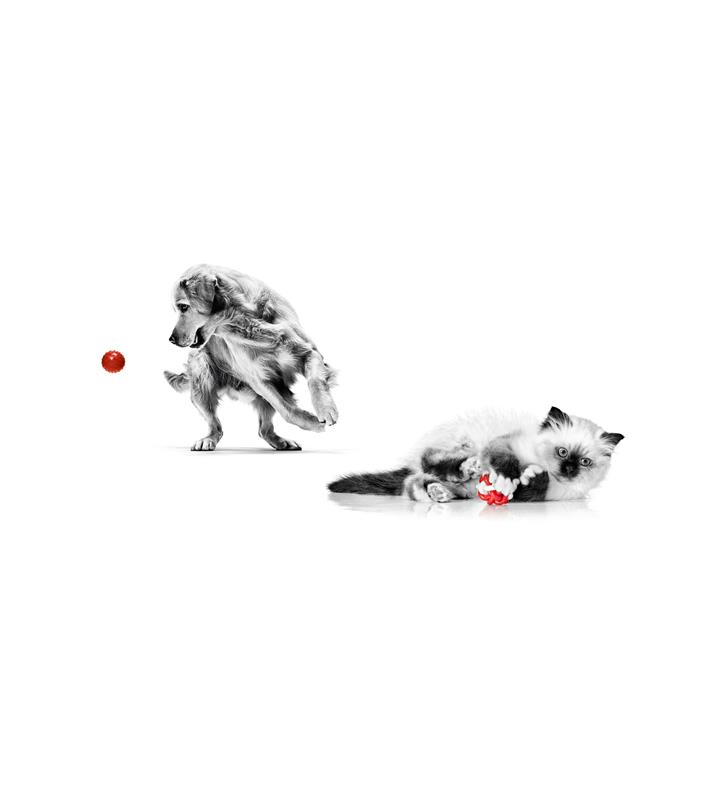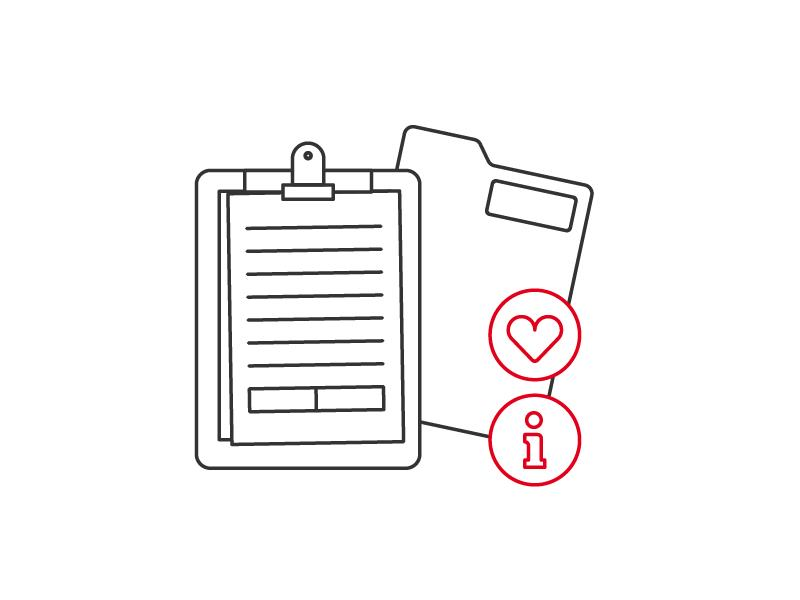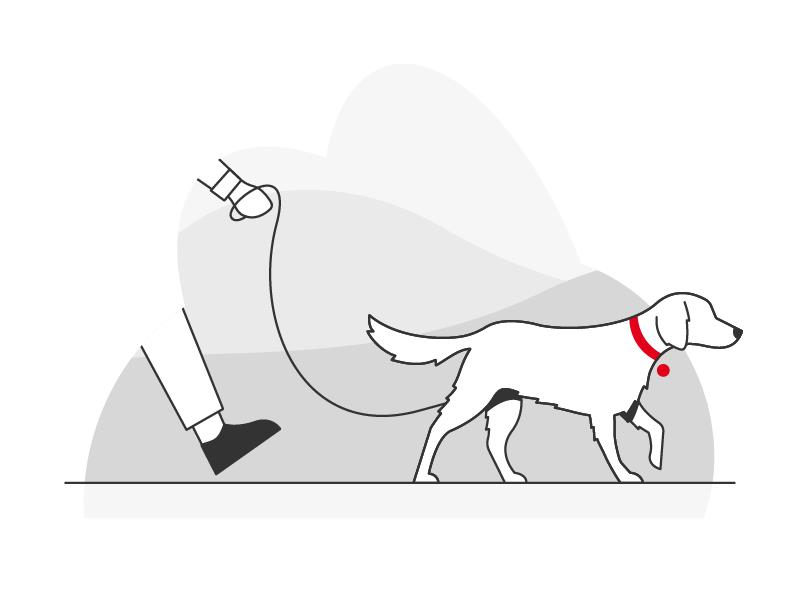

Important to know
The current spread of COVID-19 is a result of human to human transmission. According to the World Organisation for Animal Health (OIE) to date, there is no evidence to suggest that companion animals are playing a role in the spread of COVID-19. For the most up to date information on this rapidly evolving situation, please refer to the OIE or WSAVA (World Small Animal Veterinary Association) websites.

Healthy and happy together
Scientific evidence demonstrates that pets can provide tangible health benefits - physical and emotional - to their owners. Pets can help us cope during these times.*
Studies have also shown that animals can act as 'stress buffers'. They often ease the distress associated with anxiety-provoking experiences, and help decrease our perception of physical and emotional pain.*
Introducing your pet onto a dew diet should be done gradually over 5 - 7 days to avoid the possibility of digestive upset. We suggest:
Day 1 and 2: 75% previous food + 25% new food
Day 3 and 4: 50% previous food + 50% new food
Day 5 and 6: 25% previous food + 75% new food
Day 7: 100% new food
This guide is also useful for an easy transition to the same product from current bag to new bag.
Always practice good hygiene. For you, this includes proper hand washing when handling pets, and washing their bowls and contact surfaces. For your pets, clean their paws and bodies only with water and mild soap or shampoo suitable for them. Never use harsh cleaners containing bleach or alcohol based products, as this causes harm to them and can be toxic if licked.
Call your veterinarian if you have any concerns for the health of your pets.